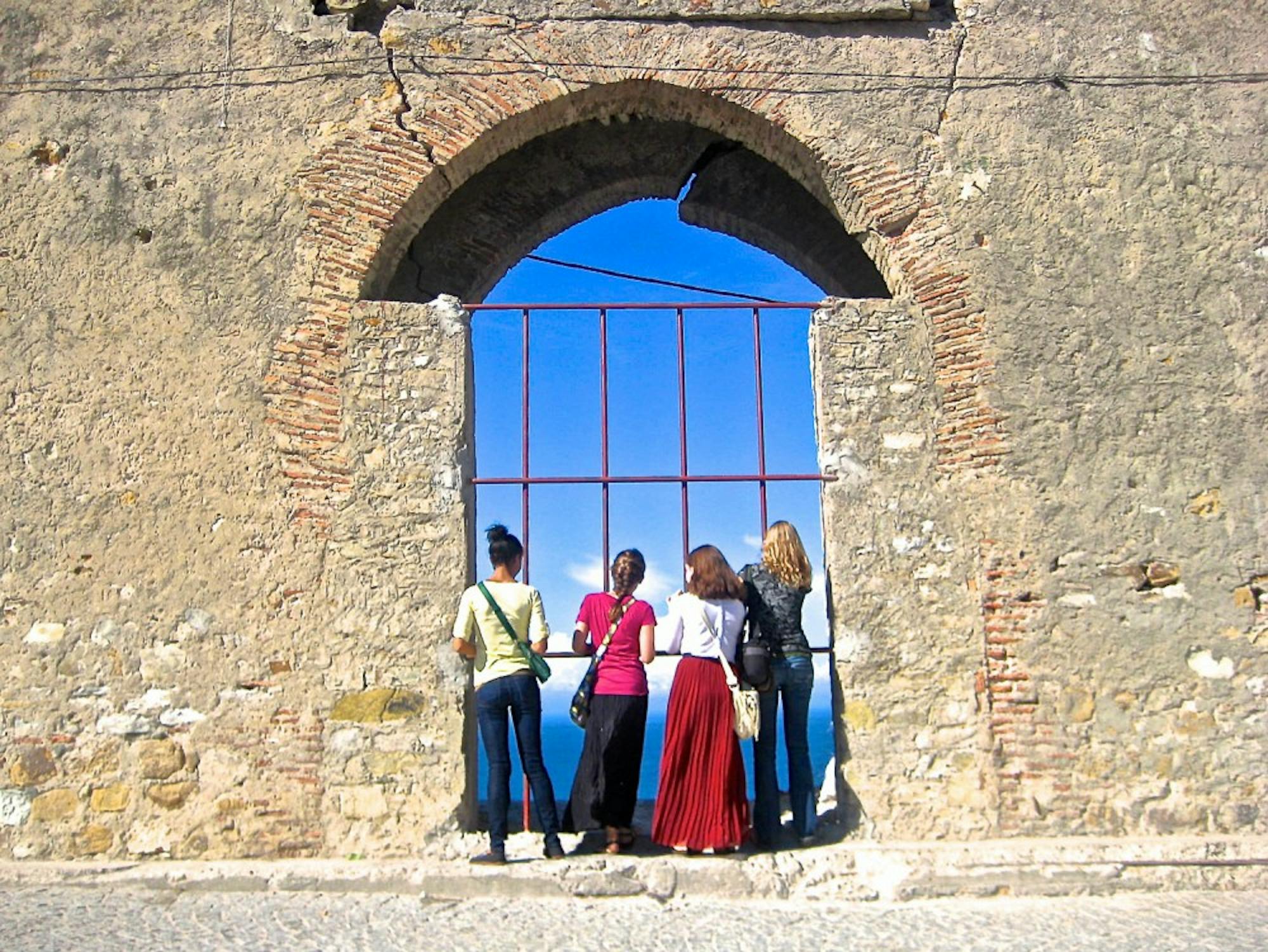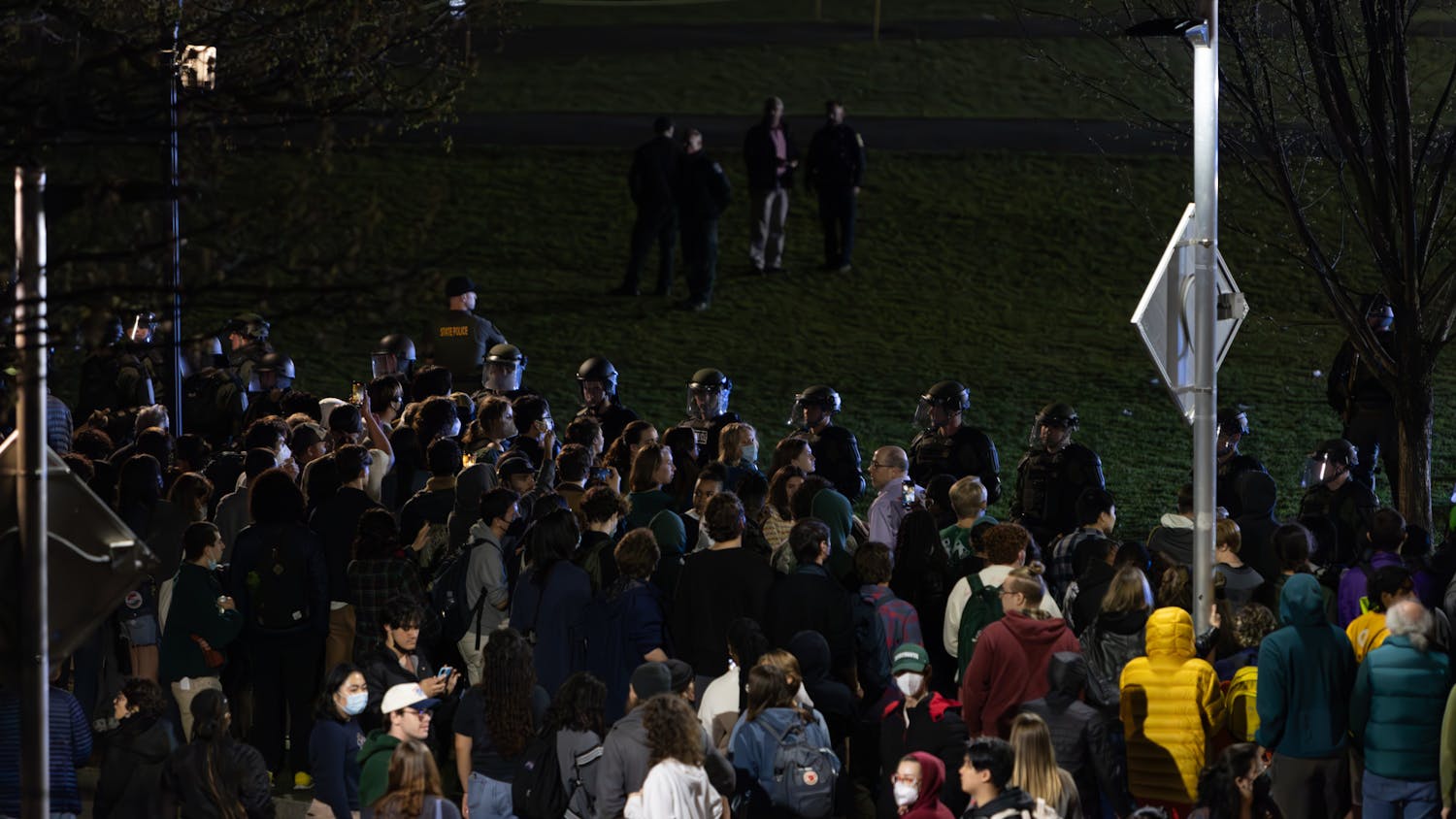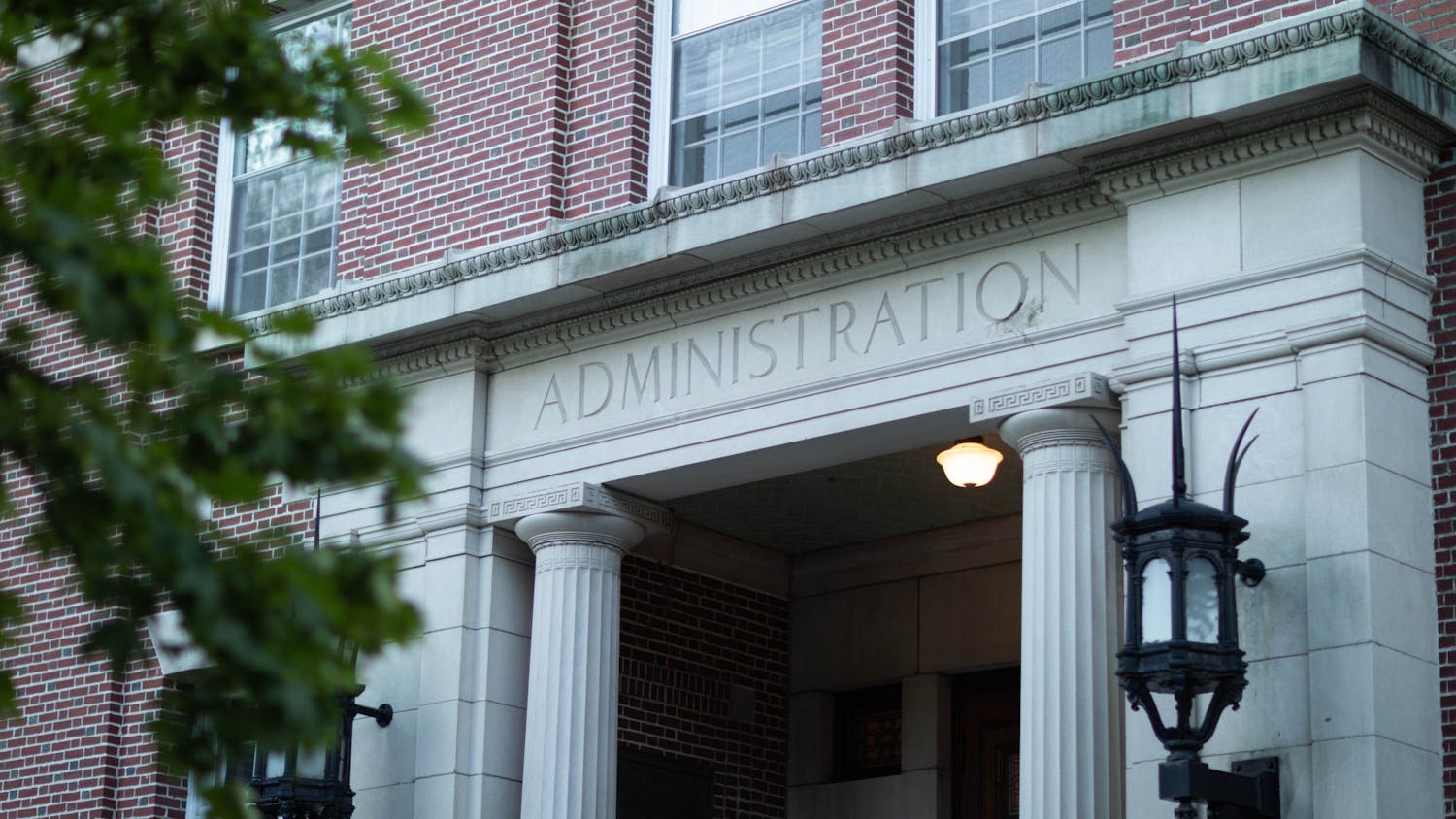The Department of Asian and Middle Eastern Languages and Literature cancelled its Arabic foreign study program in Tangier, Morocco for the fall of 2014, marking the second consecutive year that the program has been called off due to low enrollment.
Department chair James Dorsey announced the decision on Feb. 17 via email, and professors in the department met with students later that day to discuss other possibilities for studying abroad in the Middle East or North Africa.
After deans cancelled the program last year due to a low level of interest, the department reopened applications for 2014.
Another year of low numbers, however, caused the department to cancel the trip.
Logistically, it is more difficult to plan a program after a year’s reprieve, Dorsey said.
“There is a momentum that goes with these programs and when it is cancelled, it’s hard to get them going again,” Dorsey said.
Department faculty will reevaluate the program, Dorsey said.
Aiming to launch a new program for the 2015-16 academic year, AMELL faculty will travel to the Middle East and North Africa to find a potential new location for the Arabic FSP, Dorsey said.
In the meantime, faculty are helping students find other ways to study abroad or work in Morocco and other Middle Eastern or North African countries.
Previously, students interested in studying in the region have participated in Middlebury College’s program affiliated with the University of Jordan and a Dartmouth-sponsored exchange with the American University in Kuwait.
Previous Tangier programs have attracted about nine to 10 students per year, AMELL professor and program founder Jonathan Smolin said.
The program is currently for third-year level Arabic students. The fall 2012 trip was opened to students taking second-year level Arabic. In Tangier, participants took Arabic classes with local teachers for three hours a day, five days a week, and were expected to speak Arabic outside of class. Students used the facilities at the American School of Tangier and the Tangier American Legation Institute for Moroccan Studies.
Students in the program stayed in dormitories but shared meals with Moroccan families.
In addition to immersing themselves in Moroccan cuisine and culture, students could learn colloquial Arabic, Smolin said.
Mary Ivancic ’14, who participated in the Tangier FSP in fall 2012, said she could tie her experience abroad back to her classrooms in Hanover. The Moroccans she met were very open to teaching students on the program about their culture and lifestyle, she said.
Ivancic and fellow participant Emily Estelle ’15 both said that Darmouth financial aid allowed them to participate and said they were unsure if they would had been able to study abroad otherwise.
Estelle said she appreciated traveling with other Dartmouth students because she could continue developing the relationships she built abroad when she returned to campus, and because the program fit with her D-Plan.




